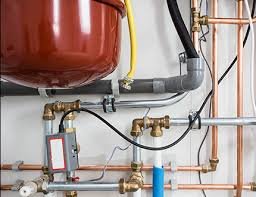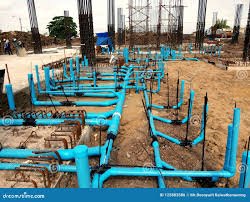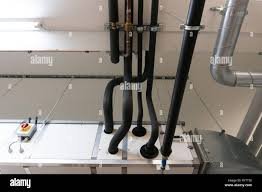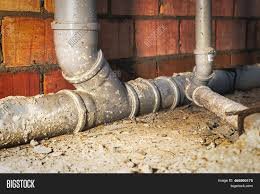Plumbing and Sanitary Contracting: Ensuring Safe and Efficient Water Systems
Plumbing and sanitary contracting are essential services that form the backbone of modern infrastructure, ensuring the safe and efficient delivery of water and the removal of waste in residential, commercial, and industrial environments. While these systems are often taken for granted, they play a critical role in maintaining public health, sanitation, and overall comfort in daily life. Effective plumbing and sanitary contracting involve a combination of technical expertise, compliance with safety standards, and a commitment to proper installation and maintenance.
Pipe Installation:
Once the planning phase is complete, contractors begin installing the pipes. This includes cold and hot water supply lines, as well as drainage and venting systems. Piping materials can vary depending on the application, with common options including copper, PVC (polyvinyl chloride), PEX (cross-linked polyethylene), and galvanized steel. The choice of material depends on factors such as water quality, temperature, and pressure, as well as local codes and preferences.




1. Understanding Plumbing and Sanitary Systems
Plumbing systems are responsible for delivering potable water to various points of use, such as kitchens, bathrooms, and industrial facilities, while sanitary systems ensure the proper drainage of wastewater and sewage to prevent contamination and health hazards. These systems must be designed, installed, and maintained with care to ensure reliability, safety, and compliance with local codes and regulations.
Plumbing Systems: These systems cover the supply of clean water from the mains or a private source to points of use. They involve the installation of pipes, valves, fittings, pumps, and tanks that manage water flow, pressure, and temperature. In addition to supplying water, plumbing systems also handle the heating of water for domestic and industrial use, making hot water systems an integral part of plumbing services.
Sanitary Systems:
Sanitary systems involve the removal and treatment of wastewater and sewage. These systems include drainpipes, vent systems, sewer lines, and other components that ensure the safe transport of waste from buildings to municipal sewers or on-site treatment facilities like septic tanks. Sanitary contractors ensure that wastewater is managed without causing environmental or public health issues.
2. The Role of Plumbing and Sanitary Contractors
Plumbing and sanitary contractors are professionals responsible for the installation, repair, and maintenance of these systems. Their expertise spans a wide range of services, from laying out piping networks to ensuring compliance with health and safety regulations. Contractors can work on small residential projects, large-scale commercial developments, or even industrial complexes with more specialized requirements.

